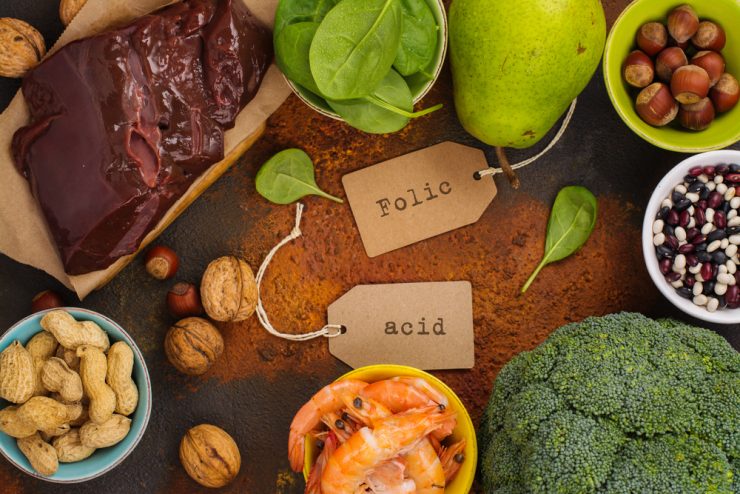Clinical nutritionist Suzie Sawyer introduces folic acid, the vitamin that’s readily available in green foods, hence its name which comes from the Latin folium meaning foliage.
Folic acid, also known as vitamin B9, provides a group of compounds known as folates, which are naturally found in foods. While folic acid’s main ‘claim to fame’ is preventing neural tube defects in unborn babies, it’s also needed to make healthy blood cells. Such is its importance in foetal development that supplementation is advised for all women planning to have a baby.
The recommended daily amount for women pre-conceptually is 400 micrograms. Whilst vegetables are a good source, one helping of Brussels sprouts (not everyone’s favourite vegetable) provides only around 100 micrograms, which is why supplementation is advisable.
It is also thought that only about 50 per cent of the folate in foods is absorbed, although certain foods such as breads are fortified and the folate seems to have a better uptake in the body. Folic acid is also essential for producing healthy sperm so men need it too.
Folic acid is readily available in all green leafy vegetables, fruits such as oranges and blackberries, as well as oats and liver.
To find out more about folic acid visit the vitamin fact file























